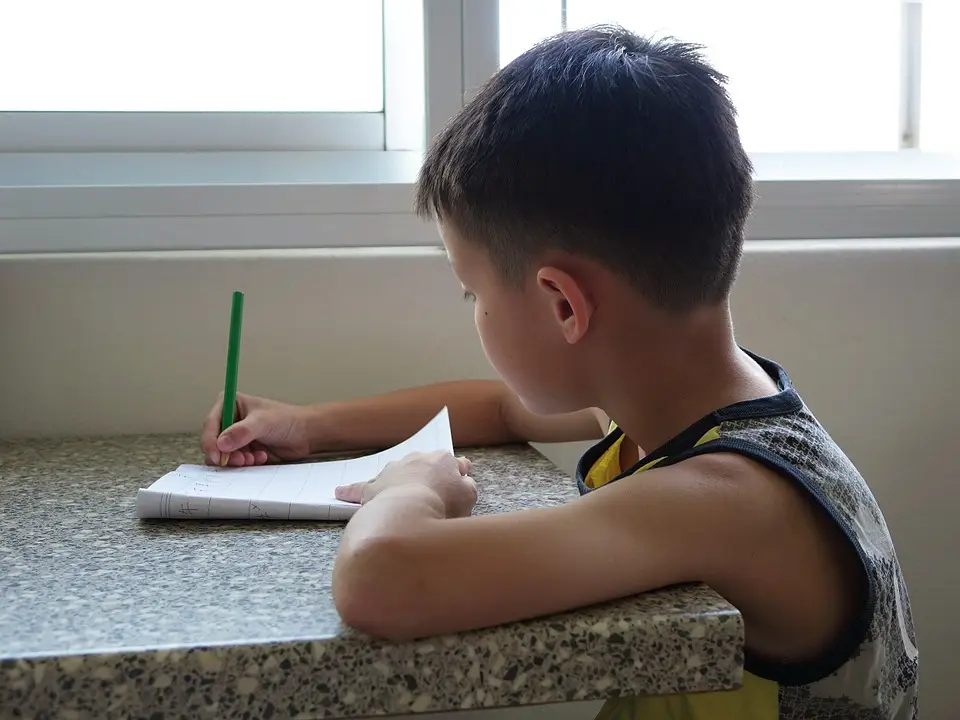The ABCs of Ending the Homework Hassle with Your Kids
With school beginning again, the issue of homework is a hot button for many parents today. In our culture, a lot of parental self-worth seems to be wrapped up in how their kids are doing in school. When kids won’t do their homework, or the quality of a child’s homework is poor, the hassles begin. For many families, homework is the number one source of conflict between parents and their kids.
In an interview for our radio broadcast HomeWord with Jim Burns, I had the opportunity to discuss the issue of homework with acclaimed parenting expert and columnist John Rosemond. John’s parenting columns appear in some 200 newspapers and are read by 50 million people. During our time together, John outlined his “ABC’s of Ending the Homework Hassle with Your Kids.” These ABC’s are nothing more than the approach to homework that parents used 50 years ago. Let me pass them on to you. I highly recommend this method.
1. All By Myself. Children ought to do their homework in a private, personal area – not a high-traffic or family area like the kitchen. Insisting on a private area for homework tells your children that homework is their responsibility. We need to help our kids move from dependence on us to becoming independent – where they are able to function and complete tasks all by themselves.
2. Back Off. What may be the most difficult step for many parents, “backing off” means refusing to give children help with homework unless absolutely necessary. Parents need to realize that when children say, “I need help,” it does not necessarily mean that they actually need help. According to Rosemond, about 80% of the time when kids say, “I need help,” they are looking for someone to fix a problem or bail them out of a situation that has frustrated them. If parents jump in to fix or bail out, they confirm for their children, unintentionally, with their belief that they were unable to solve the problem was correct. Instead, parents should back off from helping their children while supporting and encouraging them along the way. Even if kids fail, they will learn important life lessons from the experience. And whatever you do, don’t do their homework for them.
3. Call It Quits. Many parents set a time when kids must begin their homework. To put an end to homework hassles in the home, Rosemond suggests that parents set deadlines when homework must be completed instead. Kids won’t learn time management skills when there are no deadlines. So, if parents say, for example, that all homework must be put away for the evening at 8:00 p.m. whether or not assignments are finished, kids will begin to learn to manage their time more effectively.
Although John’s advice might go against some popular thinking today, I like his emphasis on teaching kids to become responsible. Our role as parents is to help kids learn the importance of self-discipline and to become resourceful. These ABC’s seem so simple, but it won’t mean they are easy to use. In fact, for some parents, it will be harder to employ these steps than it will be for kids to adapt to them. Still, your goal in mind to help your kids become responsible adults who are self-reliant.



